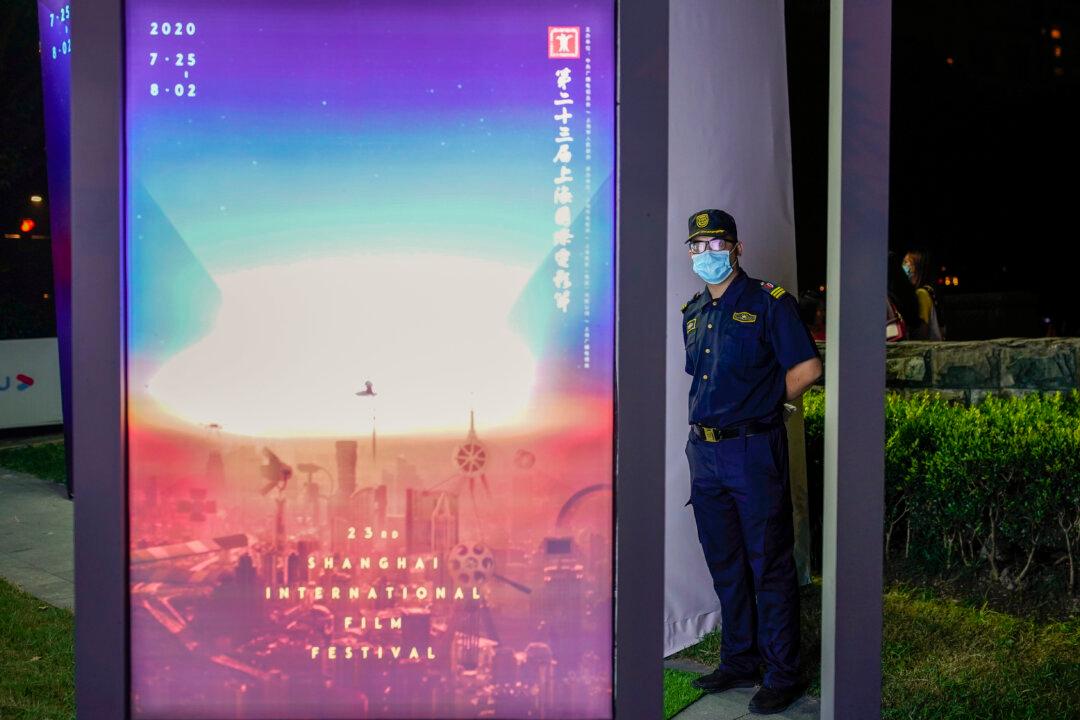Since the 1990s, the American film industry has actively sought to captivate the Chinese audience by navigating the complexities of the country’s stringent censorship. However, recent trends indicate a shifting landscape, with Chinese audiences displaying a declining interest in American productions. According to The New York Times, 2023 marked a significant departure, as there were no American films among the top ten highest-grossing films in China. This deviation from the norm, excluding COVID-impacted years, has not occurred since 2011.
Historically, Hollywood executives have been known to acquiesce to the demands of Chinese censors to secure entry into the lucrative Chinese market. Instances of altering or removing specific references, such as the removal of the Taiwanese flag from Tom Cruise’s jacket in previews for “Top Gun: Maverick” in 2019, exemplify the lengths to which studios have gone. Despite these efforts, the heyday of Hollywood films raking in hundreds of millions of dollars in China may be over, signaling a significant shift.
Chinese audiences are increasingly gravitating towards domestic productions, drawn by higher-quality films emerging from the country’s own industry. In 2023, the top two movies in China, “Full River Red” and “Wandering Earth II,” were both domestically produced, reflecting a preference for local content. This trend aligns with efforts by the Chinese Communist Party (CCP) to bolster local filmmaking, not only for economic reasons but also to enhance cultural influence.
The two highest-grossing films of all time in China, “The Battle at Lake Changjin” and “Wolf Warrior 2,” exemplify this messaging. Both movies portray narratives of fighting and triumphing against American adversaries, aligning with the CCP’s strategic agenda to shape cultural narratives.
Even major Hollywood studios like Warner Bros. have encountered challenges in penetrating the Chinese market. Despite a robust marketing campaign for the second installment of the “Aquaman” franchise, including the promotion of movie clips and behind-the-scenes footage on Chinese social media, as well as a marketing tour featuring star Jason Momoa, the film’s performance in China fell short. The sequel, titled “Aquaman and the Lost Kingdom,” garnered only $60 million in revenue after a few weeks of release, a significant contrast to the $90 million opening weekend of the first film.
Jason Momoa’s acknowledgment of China’s fondness for the original “Aquaman” during a promotional interview with CCTV 6, China’s state-run film channel, reflects Hollywood’s historical reliance on the Chinese market. However, the diminishing returns and changing audience dynamics underscore the need for Hollywood to reevaluate its strategies in the face of evolving viewer preferences.
Hollywood’s past approach has often involved self-censorship to align with Chinese sensitivities. The 2012 remake of “Red Dawn” provides a notable example, where the invading army was digitally altered from Chinese to North Korean in post-production to appease the CCP. However, this strategy, once seen as essential for market access, is now facing scrutiny.
In response to Hollywood’s compliance with Chinese censors, the U.S. Department of Defense implemented new regulations in 2023. These regulations explicitly prohibit the department from funding any entertainment project—directly or indirectly—that complies with censorship requests from the CCP. This marks a significant policy shift and highlights the possible growing concerns within the U.S. government about the influence of foreign censorship on American cultural exports.
Hollywood is currently facing challenges navigating the Chinese market that extend beyond adhering to censorship regulations, including the shifting preferences of Chinese audiences, along with the government’s focus on boosting local content. The reliance on blockbuster films alone to capture the Chinese audience is diminishing, prompting a strategic reassessment of Hollywood’s involvement with the changing dynamics of the Chinese film industry.







